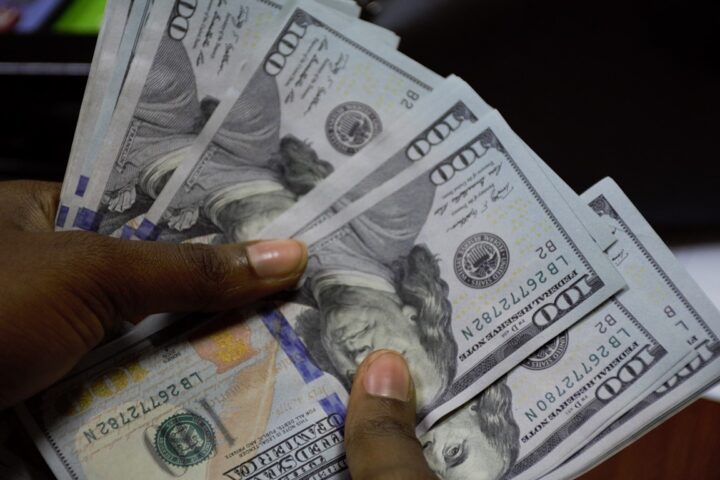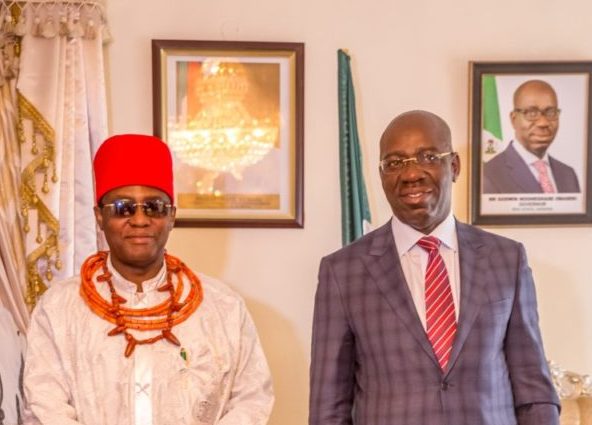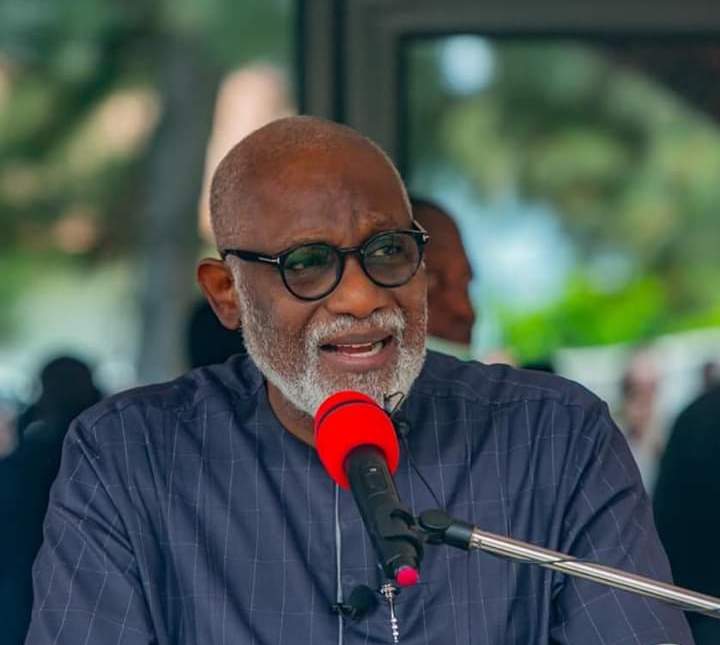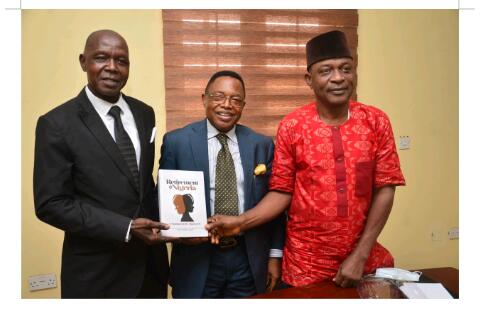Did you travel to the UK and urgently need some FX to fund your debit card? Sorry, you now have to return to Nigeria, buy the dollar, pay into your card and return to the UK to continue your shopping.
According to an internal memo seen by TheCable, forex cash lodgements into domiciliary accounts can only be done by the account owners.
The memo said the new guidelines are necessary to review the utilisation of inflows into customers domiciliary accounts.
“Forex inflows cannot be credited to customers until the legitimacy of funds is established,” the document read.
Advertisement
“They can have unfettered access by telegraphic transfers up to a limit of $40,000 monthly for payment of medical bills, school fees, subscription to professional bodies subject to existing CBN guidelines.
“Transfers from one customer to another is prohibited. Transfer within related companies is allowed subject to a limit of $50,000 per month.”
It recommended that proceeds from non-oil exports should be sold to banks, used for repayment of dollar term loans, and self-utilisation for trade transactions for LC, bills and Form A.
Advertisement
Also, oil export proceeds from E&P companies are to be used to pay contractors and service providers employed by the oil companies in addition to the recommended uses for non-oil FX proceeds.
Offshore FX inflows, FX inflows from other Nigerian banks and internal account to account FX transfers sourced from offshore inflows are to be used for trade transactions subject to eligibility for E-Form M.
“Upon confirmation of the legitimacy of the inflows, customers can have unfettered access, subject to a maximum of $50,000,” the document read.
“Utilisation for trade transactions subject to processing of eligible trade transactions using E-Form M. Payment for services must be backed with demand note from offshore beneficiary and other regulatory documents.
Advertisement
“Related party transfers are allowed to the maximum of the inflow received. The transfer request should be backed by a signed instruction from the account holder.”
Payment of government fees and levies are also allowed to the maritime, oil and gas, aviation. government parastatals and export processing zones.
The Central Bank of Nigeria has been implementing various policies to conserve Nigeria’s forex after the economy was hit by double shocks caused by the COVID-19 pandemic and lowered oil prices.
The CBN recently announced that it would no longer provide forex for the importation of maize and is currently investigating some gaming companies for alleged forex infractions.
Advertisement
Editor’s note: This story has been edited to reflect new facts.
Advertisement
4 comments








What can be done to ameliorate this outrageous dollar rise
I am still yet to understand the reasons behind this new policy. Someone will have to travel from UK down to Nigeria just to make a deposit, and still fly back. Wonderful !
This new policy has lots of negative effects on FX accoujf holders.
Mehn this is no good